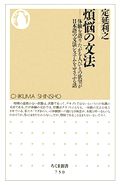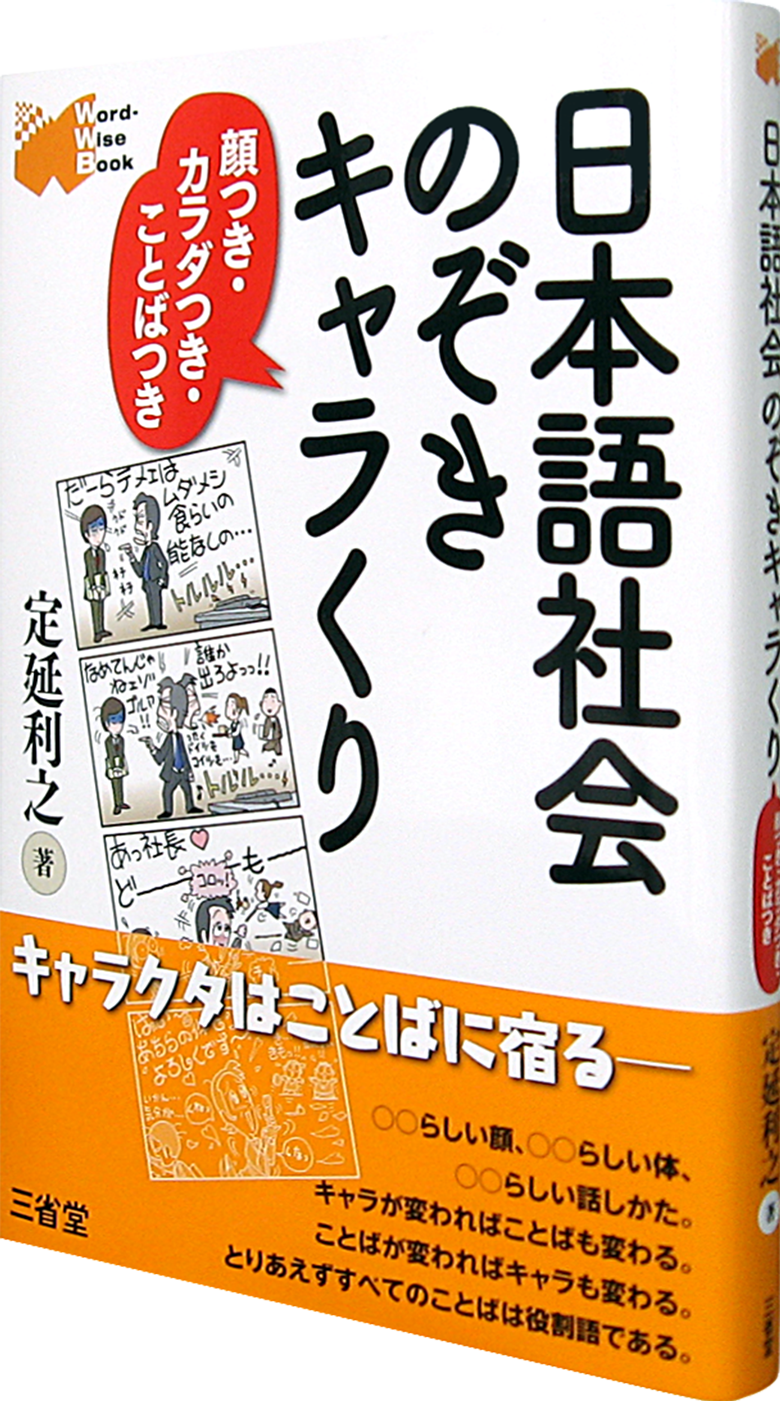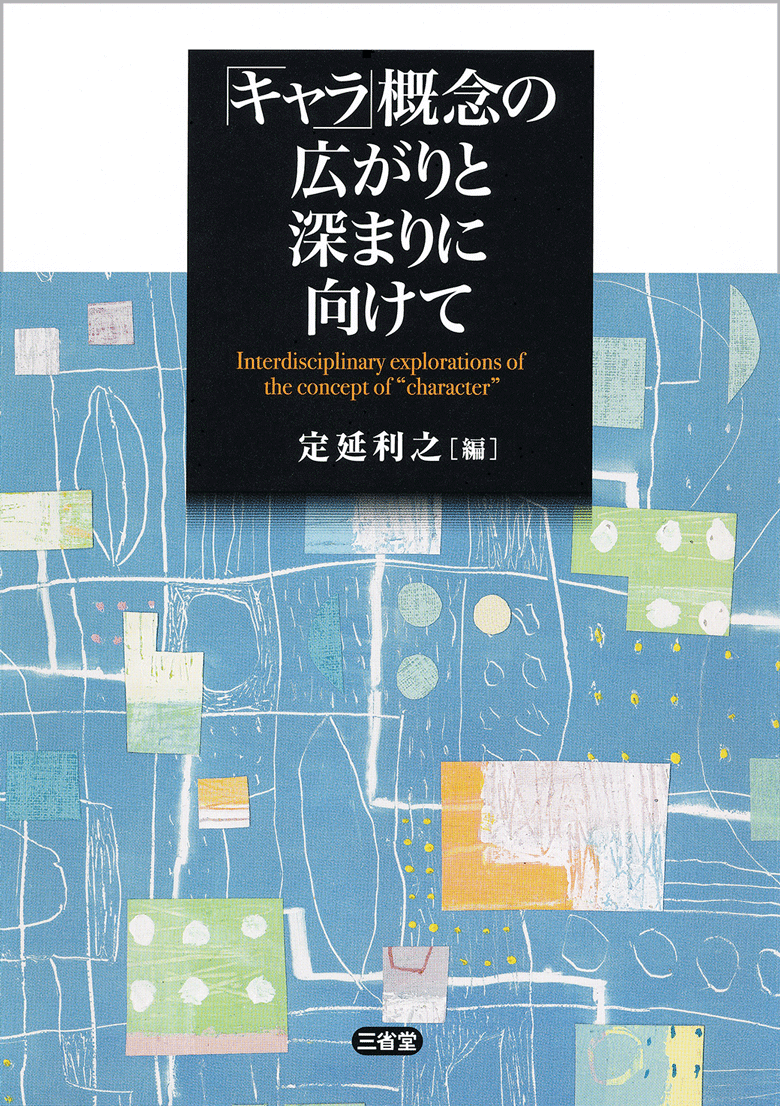In Natsume Soseki’s Koujin(1) , there is a paragraph in which the author (narrator), who is the younger of two siblings, talks about his older brother:
When he was cheerful, he was ridiculously cheerful. But once his mood took a perverse turn, he’d wear a sullen expression for days, and pointedly refused to talk. He was like this not just to me, but to my mother and his wife too. In front of outsiders though, it was like he turned into a different person; his gentlemanly bearing was impeccable under every circumstance, and he was a most agreeable companion. Thus, his friends believed him to be an entirely pleasant and good fellow. When mother and father heard him thus praised, they always looked surprised. However, they seemed happy nonetheless —he was their son after all. Whenever I heard people praising my older brother this way I’d become furious if we weren’t getting along at the time. I wanted to go to each one of their homes and correct their misconceptions.
[NATSUME Soseki Koojin 1912–13]
The narrator’s brother acts extremely “docile” in front of others, but this is actually a front. Every now and then the narrator, who sees what’s happening behind the scenes, wants to destroy this front. This front is, of course, the elder brother’s “gentleman (agreeable companion)” character —right, this is all well and good. As I said in the previous column, in this series I want to look at authoritative famous quotes that are a little bit old, but can still generally be called “modern Japanese.”
But wait! The narrator of Koojin says the following to his older brother. His psychotic brother tells him:“I want to test my wife’s fidelity. Go to Wakayama with her, and stay the night.”
“But this is my sister-in-law (aniyome-san desu ze). Not only a married woman, but my sister in law.”
“Being asked by someone to put another person to the test… I don’t like it (iya de saa). Besides… I’m not a detective.”
Even if he’s speaking as an “inferior,” from the perspective of modern sensibilities, isn’t it odd that the younger brother uses desu ze and de saa(2) when talking to his older brother?
Speaking of detectives, in Ango Sakaguchi’s(3) Furenzoku Satsujin Jiken (“The Non-serial Killer”), a young detective named Kose uses de saa and …masen ze when speaking to the narrator, whom he looks up to. This too is a little strange from the perspective of modern sensibilities.
“If we know that, we’ll know who the killer is. But this was a phenomenally well-planned crime. Every last detail was thought out (keisan sarete iru no de sa). This was probably the most intelligent, largest crime ever committed in Japan. This killer is a genius (tensai de saa ne). The complete discretion of the plan’s intelligent efficiency is sheer brilliance. The way the doorknob, tied with thread, closed the door naturally, and the way the sealed room disguised the murder, each ploy itself was another of the murder’s footprints all along. They told us from the beginning about the criminal’s mentality. More than anything, this criminal was worried about telling us anything about their state of mind. (…) The murder had probably already been completed.”
“This killer isn’t the kind of fool who would announce the murder for August 9th, then, like a literal-minded idiot, actually commit the crime on August 9th (girigatai donma ja arimasen ze).”
[SAKAGUCHI Ango Furenzoku Satsujin Jiken, 1947–48]
No matter how authoritative these famous quotes are, does looking at these kinds of unnatural passages cloud over the connection between Japanese language and character, and warp their mutual relationship?
(To be continued.)
* * *








(1) English title: The Wayfarer.
(2) Both “saa” and “ze” are interjectory particles that add emphasis. Both are considered pretty rough and ready, and normally wouldn’t be used when addressing someone more senior than oneself.
(3) 1906–1955 Novelist